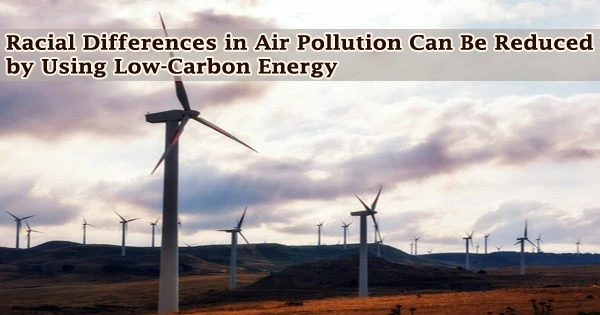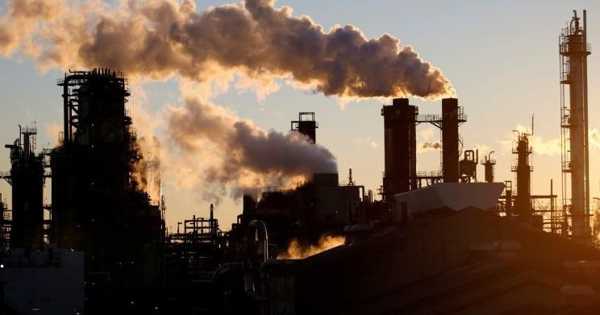According to experts at the University of California, Davis, switching to low carbon fuels for transportation, cooking, heating, power generation, and other purposes will not only help combat climate change but also lessen racial and ethnic inequities in exposure to air pollution.
According to studies in the journal Science of the Total Environment, switching to renewable energy sources like solar, wind, and electricity in 2050 might minimize variations in exposure to fine and ultrafine particle pollution by 20 to 40%.
The results demonstrate the need to focus on sources other than transportation pollution, which has been a substantial source of emissions that contribute to climate change, and take into account California’s prohibition on the sale of new gas-powered passenger vehicles starting in 2035.
“Even though transportation pollution has been largely decreased by 2050, the other sectors will still be important,” said Yiting Li, a Ph.D. candidate in atmospheric sciences who is the first author on the journal article.
Energy, climate and emissions
The San Francisco Bay area, Sacramento, the San Joaquin Valley, Los Angeles, and San Diego were the four locations that the UC Davis researchers examined in their analysis of future energy usage and emissions scenarios.
Not only does it improve air quality, but it also shrinks the disparity among different groups. It levels the playing field for all California residents.
Michael Kleeman
Business as usual to strict greenhouse gas emission reductions were represented in the energy scenarios. The investigation revealed that whether low-carbon fuels, carbon capture, or other measures were implemented, all Californians benefited from improved air quality.
The analysis also shown that some historical imbalances in air pollution exposure can be addressed by switching to low-carbon fuels.
In Los Angeles, for instance, Black inhabitants are exposed to higher amounts of pollution than White residents, but the study’s thorough research revealed that utilizing more low-carbon fuels reduced those exposure inequalities.
Similar findings were obtained in other regions, with those living closest to urban centers reaping the greatest benefits.
“Not only does it improve air quality, but it also shrinks the disparity among different groups,” said Michael Kleeman, the study’s senior author and professor of civil and environmental engineering who is also a member of the Atmospheric Science Graduate Group and the Institute for Transportation Studies. “It levels the playing field for all California residents.”
Environmental justice and low carbon fuels
According to the researchers, being aware of this information can assist fill out policy conversations about reducing pollution levels by integrating environmental justice issues.
“We often talk about low carbon fuels and greenhouse gas reductions, but there’s not a lot of talk about public health,” Kleeman said. “The public health benefits associated with low carbon fuels should be a part of these conversations.”
According to the study, switching to low-carbon fuels would improve air quality and reduce the number of fatalities in California each year by thousands. The entire yearly economic benefits to public health were calculated to be around $20 billion.
Anikender Kumar and Yin Li from the Department of Civil and Environmental Engineering also contributed to the analysis.
Funding for the research came from the U.S. Environmental Protection Agency.
















